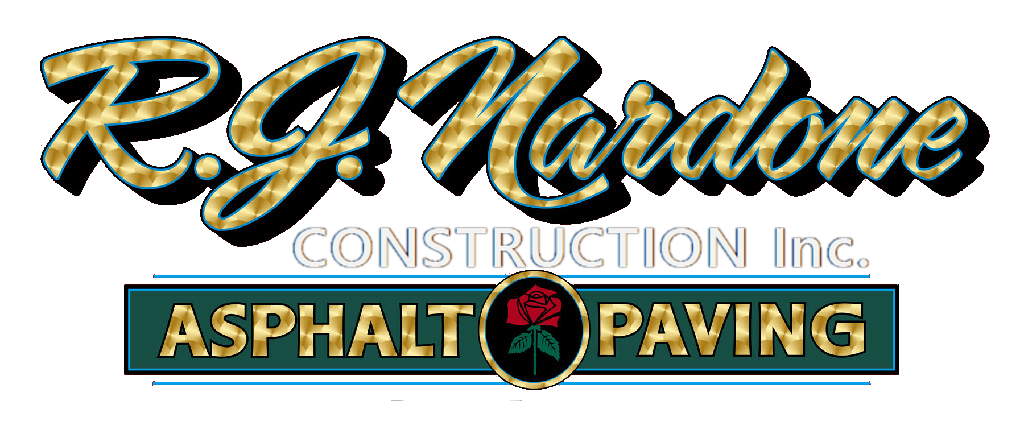FAQs
Have a paving-related question? We have the answer. Check out these FAQs and give us a call today for more information!
-
What is asphalt?
Asphalt or bituminous concrete is a combination of aggregate, liquid asphalt cement, and in some products recycled materials and is produced principally for use in surface pavements. Asphalt creates durable streets, parking lots, driveways, and bike paths.
-
What is crushed stone?
Crushed stone aggregates are produced from many natural deposits including; limestone, granite, trap rock and other durable mineral resources. Production of these products requires blasting and excavating the broken stone from quarries followed by progressive stages of crushing, screening, washing, and blending. Crushed stone is used in the construction of highways, railroads, airports, parking lots, and driveways.
-
Why does my driveway look rougher or smoother than my neighbors?
Each blend of aggregates will result in a different surface texture. A higher percentage of fine aggregate will result in a smoother, tighter denser surface. A higher percentage of coarse aggregate will result in a rougher, more open-textured surface. Generally, a denser surface is less resistant to wear and tear than a coarse surface. For this reason, if your paved area will be subjected to particularly stressful uses such as roller blades, trucks, forklifts, tight turning, etc., make your contractor aware of this before he chooses the HMA (finished surface layer) mixture. Many people make the mistake of demanding a very smooth, dense surface because they think it looks better. Keep in mind the real strength of the HMA is in the stone, so a coarser surface will take more abuse.
-
Why are my child’s skateboard and roller blades leaving marks on my new driveway or overlay?
Skateboards, roller blades, and trailer connector points are all examples of point loads (which means these devices of pressure or load in a small area). These devices will mark up small stone mixes such as Dense Top or Tennis Court Top. We recommend the use of a 3/8″ State Top at least in these areas.
-
I have spilled gas, motor oil, anti-freeze, transmission fluid on my driveway. What should I do?
Oil-based products such as those stated above will break down the bond between the asphalt and the aggregate and cause the HMA surface course to unravel or fall apart. Any spills on your driveway should be cleaned up as soon as possible. Place some liquid dishwashing soap (such as Dawn dish soap) on the affected area and gently and continuously flush off with a garden hose (don’t use a power sprayer). Use plenty of water. Repeat the process as needed and then apply a thin layer of dry sand, sawdust, kitty litter, or Speedy Dry to help absorb any leftover spilled materials. Sweep up the material 24 hours later.
-
How long after my driveway is paved should I wait to sealcoat it?
The sun and weather help to oxidize the surface course of your driveway. This means it makes the surface harder and stronger and less apt to scuffing or marking. Before you seal your driveway you should wait at least 1 full year and as much as 5 years, as long as the driveway is wearing properly. Having your driveway seal-coated is a lot like having it paved. Use the same method of choosing a seal-coat contractor as you would for choosing a paving contractor. As always, if a deal sounds too good to be true, it probably is. If you do it yourself, buy the top quality, best available grade of sealer. Use the proper applicator and follow the manufacturer’s directions.
-
How long should I wait before I use my new or over-layed driveway?
Between 3 to 5 days depending upon the temperature. Remember that a new driveway or overlay will be more susceptible to tire marking or scuffing until the process of oxidation (which takes about 1 year) has hardened the surface course. You can reduce the amount of marking and scuffing by not turning your tires on your driveway while your car is in motion. Keep in mind that HMA is a flexible pavement. If it did not move a little while it is new, it would not last more than a year or two.
-
What is Dig Safe
Dig Safe is a State required service to avoid damage to underground utilities. Fundeded by their partnes, Massachusetts Digsafe includes electric, gas, some water, telephone, and cable to their prevention measures.

Share On: